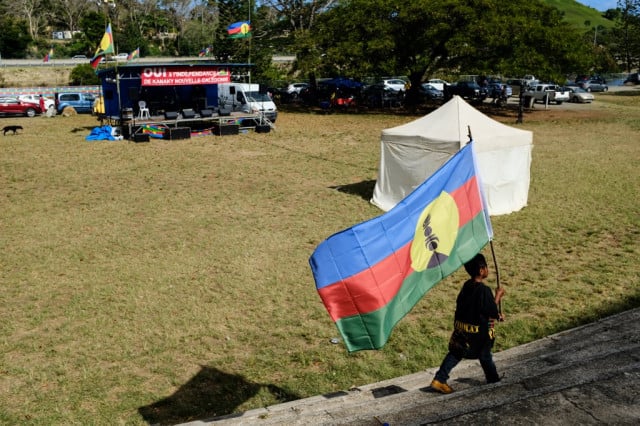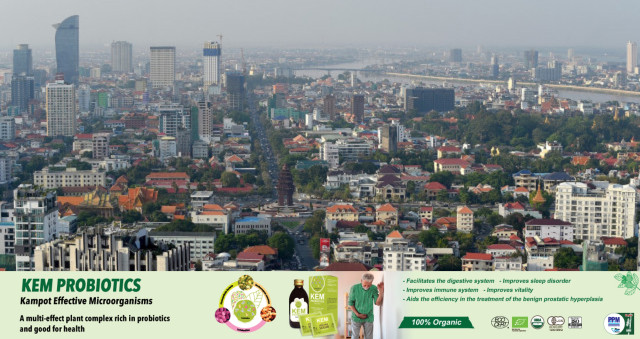French 'pebble in Pacific': Five things to know about New Caledonia

- Agence France-Presse
- October 1, 2020 4:28 AM
Noumea, France | New Caledonia, a remote island territory belonging to France in the southwestern Pacific, will hold a referendum vote on independence Sunday for the second time in two years.
Here are some facts on the archipelago, better known for its pristine beaches and diverse wildlife than its politics.
- Far-away 'pebble' -
Home to some 269,000 people, New Caledonia is about 18,000 kilometres (11,000 miles) from mainland France -- and 2,000 kilometres (1,200 miles) east of Australia.
New Caledonia's lagoons, with stunning reefs that shelter an exceptional array of coral and fish species, were designated a UNESCO World Heritage site in 2008.
Islanders call the main island, Grand Terre, the "pebble" of the Pacific.
It was seized by the French admiral Auguste Febvrier-Despointes in 1853, who declared that he wanted to assure his country of a "position in the Pacific."
But New Caledonia's name hails from the sailor who was the first European to spot it, British explorer Captain James Cook, who said it reminded him of Scotland.
It was initially used as a penal colony for convicts and political prisoners, and was declared an overseas territory of France in 1946. It is now known as an overseas collectivity with a limited degree of autonomy.
- Kaleidoscope of communities -
The bulk of New Caledonia's population is made up of indigenous Melanesians known locally as Kanaks (39 percent) and European inhabitants, or Caldoches (27 percent).
There are also minorities from the relatively nearby Polynesia Pacific region, including Wallis and Futuna islanders, and smaller numbers of Tahitians, Indonesian and Vietnamese.
The indigenous population fell sharply in the late 19th century as European settlers brought with them new diseases such as smallpox and measles.
A growing part of the population now identifies as mixed-race or "Caledonian."
- History of unrest -
There has been a long history of ethnic tensions in New Caledonia, starting in 1878 when a Kanak insurgency over the rights of Kanaks in the mining industry left 200 Europeans and 600 rebels dead. Some 1,500 Kanaks were sent into exile.
Clashes between Kanaks and Caldoches in the 1980s culminated in a bloody attack and hostage-taking by Kanak separatists in 1988, when six police officers and 19 militants were killed on the island of Ouvea.
France brokered a reconciliation between the communities, attempting to rebalance wealth and share out political power.
A landmark deal between France and opponents and supporters of independence followed in 1988, giving the islands more autonomy and allowing referendums over independence.
On Sunday, the second referendum will take place after the "No" vote won with 56.7 percent in the first vote in 2018.
Even if independence is again rejected, another referendum is possible in 2022.
- Nickel-rich -
New Caledonia boasts a quarter of the world's known reserves of nickel, a core component in the manufacture of stainless steel, rechargeable batteries, and coins.
Nickel is, along with aid from the French state, the island's largest source of income, making up 7 percent of GDP in 2018, though in some years the figure can reach 20 percent depending on market prices.
- Covid-free oasis -
New Caledonia has been one of very few territories on the planet to be largely spared the Covid-19 epidemic, and the referendum will proceed in normal conditions.
It recorded only 27 coronavirus cases -- all imported -- and had the shortest lockdown period of anywhere in France, from March 24 to April 20.
But international flights remain drastically reduced and all arrivals face an obligatory 14-day quarantine in hotels requisitioned by the government. These measures will remain in place until March next year.
© Agence France-Presse















